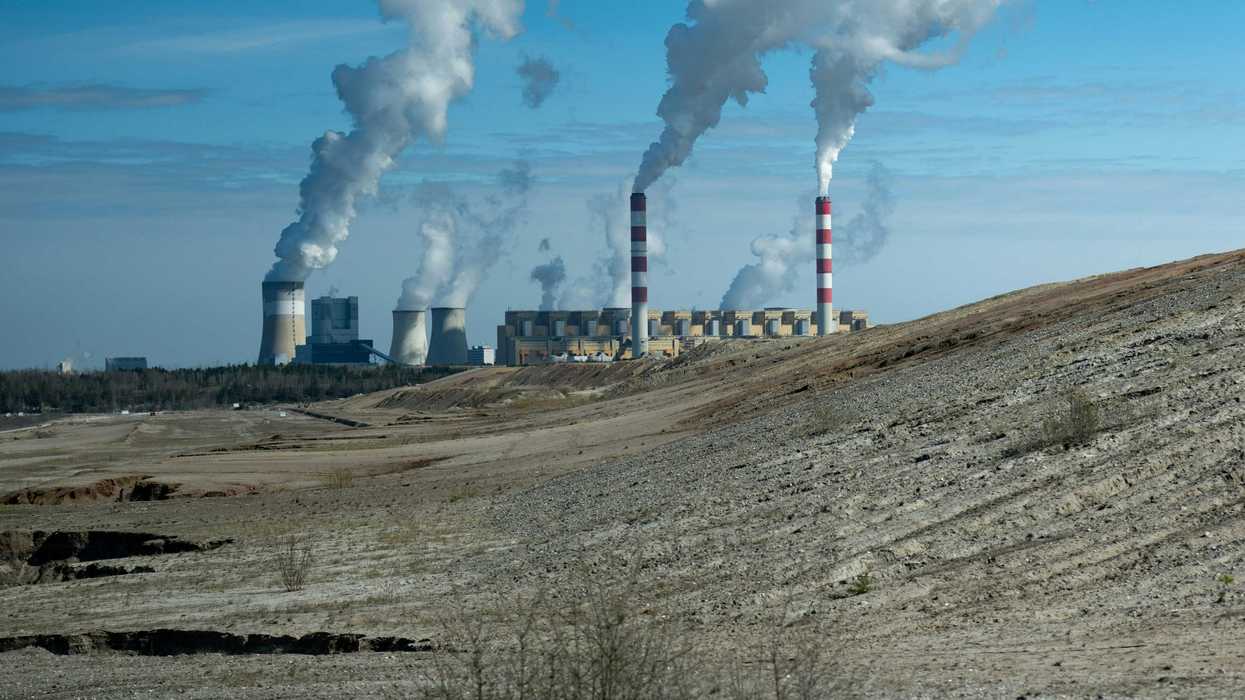The Inflation Reduction Act aims to transition America's energy communities toward a greener future, but not all are poised to benefit equally.
Katie Myers reports for Grist.
In short:
- The Act provides financial incentives for communities affected by the decline of coal and oil industries, aiming to foster new, sustainable industries.
- A study by MIT highlights the limitations of the Act's scope, pointing out that many areas dependent on fossil fuels for jobs in sectors like steelmaking and fertilizer production may be overlooked.
- Federal support is available, but the complexity of navigating these resources poses challenges for smaller communities.
Key quote:
"As we transition to a low carbon world, energy costs are going to go up and these areas or sectors might be harmed, but they would be missed by the way we define energy communities."
— Christopher Knittel, economist at the MIT-Sloane School of Business.
Why this matters:
This topic underscores the balance between advancing environmental policies and ensuring economic stability for all communities involved. It's crucial for national discussions on sustainable transition, highlighting the need for inclusive policies that consider the diverse economic landscapes across the country.
Opinion: House Speaker Mike Johnson’s climate change playbook — deny the science, take the funding














